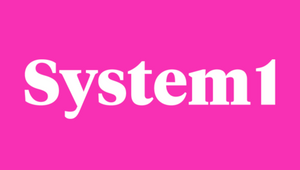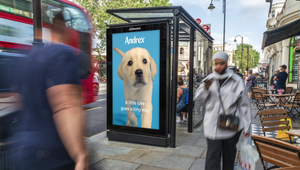
How Gillette Trolled the Trolls

Brands used to dread social media controversy. Now they’re beginning to court it. Gillette’s “We Believe” – their 30-year update of “The Best A Man Can Get” calling out ‘toxic masculinity’ – was the latest ad to revel in polarisation and attract a firestorm of social media attention. Raging comments on YouTube, photos of razors flushed down the loo, the inevitable intervention from Piers Morgan… it’s a recent playbook but it’s becoming a familiar one.
Actually, understanding the response to the ad, though, is a tricky job. The media mostly took the angry mob at face value, asking if Gillette really had overstepped the mark in pursuit of brand purpose and painted all men as violent misogynists. But it’s also possible that the haters this time were simply more organised and quick to react than any early positive response to the ad, and they weren’t representative of the likely wider response.
The most straightforward way to gauge public opinion is generally to ask people. So we tested the 90s Gillette ad overnight on Tuesday, asking a US representative sample how they felt about it. Emotion is crucial in judging ad effectiveness – as the IPA’s work by Binet and Field has demonstrated, emotional advertising is more likely to create long-term brand growth than the more product-led, message-oriented kind.
The test we used is the same one we’ve used on more than 14,000 US TV ads in the last 12 months – creating a “Star Rating” from 1-5 to predict the potential for brand growth driven by an ad, assuming it’s invested in. More than half the ads we test are 1-Star – zero growth potential. Only 1 in 100 hit 5-Stars.
Our Ad Ratings database features half a dozen 2018 Gillette ads. Most are unspectacular – a low 2-Stars is the norm. And “We Believe” helps break this pattern – in our testing it hit 4-Star.72% of our respondents felt positive emotions – happiness or surprise – after seeing the ad. 17% felt neutral. Only 11% gave a negative response.
The reasons for the emotion were also revealing – the top reason given for happiness not only endorsed the sentiment of the ad, but praised Gillette for being the first big brand to tackle it: “I really liked the message and it’s the first of its type”.
So – despite what you might read in the media and the marketing press – “We Believe” is a big win for Gillette. It’s their most emotional ad of the year, and its brand-building effect is firmly associated with the stand they’re taking and their first-mover advantage in taking it.
But what about the angry men all over social media? For all their vocal rage and rapid response, they aren’t representative of public response to the ad. They managed to troll the media into giving their reactions equal weight, but Gillette’s marketers needn’t worry too much.
In fact, it looks like Gillette have been rather clever here. The ad triggered its more sensitive critics by using the language of feminist discourse, like ‘toxic masculinity’. The actual things it’s highlighting – raising boys to be their best by not cat-calling women, brawling and bullying each other – are entirely uncontroversial. Hence the positive response. Unlike the Nike Colin Kaepernick ad, which took a genuine cultural faultline and took a stand on it, the Gillette ad has earned publicity by pushing a message which is in fact mainstream and popular, but which rouses a minority to predictable fury.
In other words, Gillette have trolled the trolls.












